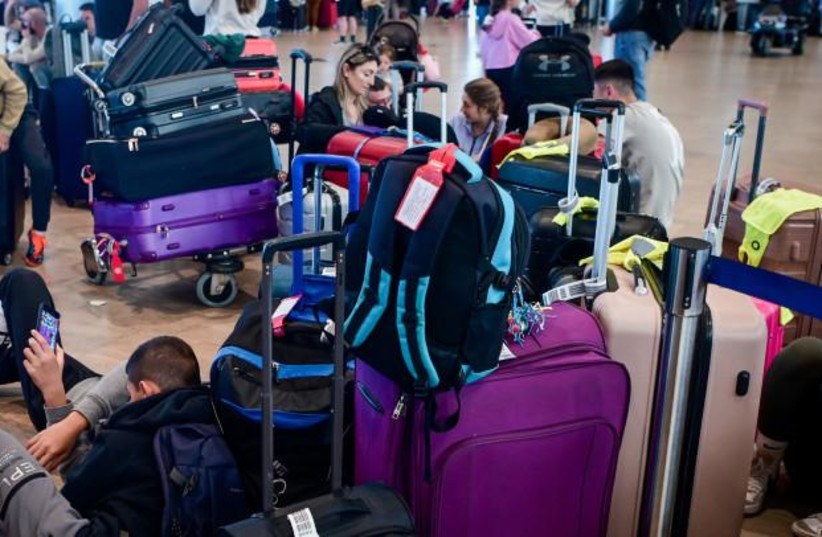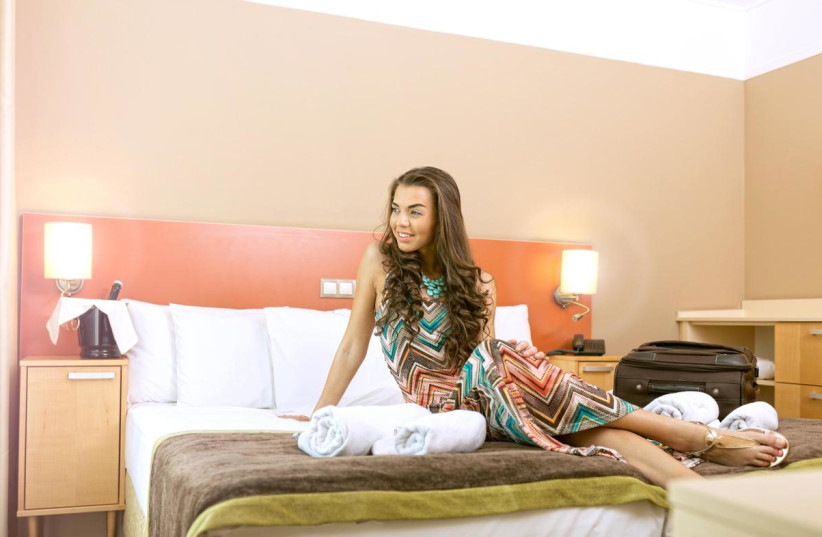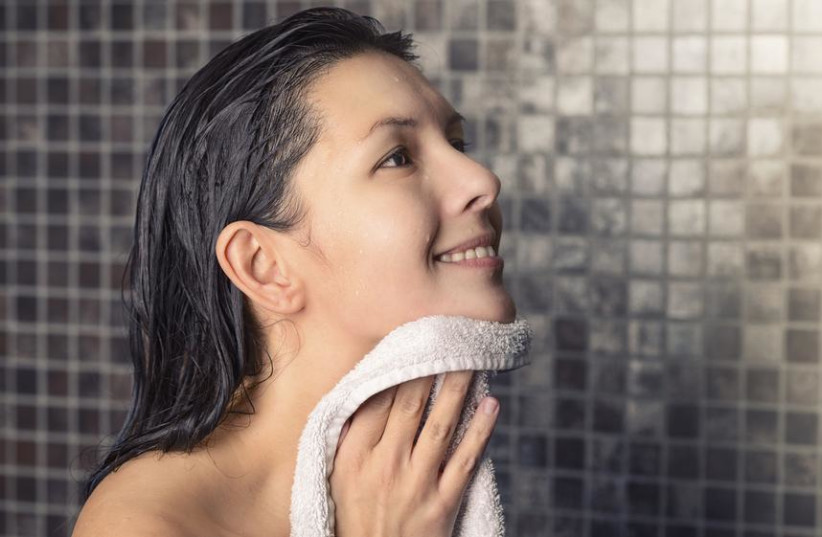After waiting for many months for your vacation abroad, the last thing you want is to catch an illness before you had the chance to enjoy yourself. What's more, you really don't want to return sick from abroad.
Unfortunately, the chances of you picking up more than just a tan on your trip are quite high.
Although many of you are probably aware of the hygiene risks on crowded planes or in certain restaurants - here are some health hazards you may not have thought about. According to health experts, these are the health risks you take every time you go on vacation - and the best ways to avoid them:
1. Airports
It does make sense that there are multiple health risks lurking in airports, as they are extremely crowded. Just think about it for a moment - your passport and luggage are handled by a large airport staff.
Dr. Donald Grant of The Independent Pharmacy told the Independent: "Touching surfaces, using airport toilets and being in close proximity to other people can cause the spread of bacteria - so it's important to be vigilant about hygiene."
To avoid getting sick or catching coughs, colds and stomach viruses, Dr. Angela Ray, a family doctor at the London General Practice, recommended washing your hands regularly or using hand sanitizer while you're rushing around the airport.

2. Airplanes
Airplanes can also be loaded with germs. But unlike the airport, this time you are sitting close to other people and today you no longer tend to wear masks on the flight as was the custom during the Corona period. According to Dr. Prithi Daniel, the deputy medical director at the "Doctors' Clinic" in London, "the fact that you mix with people from all over the world means exposure to viruses that your body is not used to."
The bad news is that if your neighbor has a cold, you will most likely catch one too.
Dr. Grant stressed that you should also be aware of the surfaces you touch on the plane, including your armrest, table tray or TV screen. He recommends washing and disinfecting your hands frequently during the flight, especially before eating or drinking and after going to the bathroom. You may also want to wipe the table and your armrest with an antibacterial wipe.
3. Hotels
Unfortunately, you can never be sure that your hotel room is completely germ-free, even though it has been thoroughly cleaned beforehand. Dr. Grant advises you to act as you do on a plane and quickly pass an antibacterial wipe on the surfaces upon your arrival - and don't forget to clean the TV remote as well. He also warns you not to drink from the cups and mugs the hotel has placed in your room - without washing them first.

4. Restaurants
We are all particularly afraid of the thought of getting food poisoning abroad. This can be avoided by checking the cleanliness of the restaurant you have chosen (and it is recommended to get opinions beforehand from people who have already eaten there).
Dr. Daniel says that you should pay special attention to the condition of the tablecloths, the cutlery, the glasses and whether the tables are properly wiped. Also watch out for flies, as anything they land on can leave traces of pathogens found in feces — yes, flies tend to feed on both food and feces. She added that many vacationers have contracted stomach infections caused by E. coli, salmonella or shigella on their trips.
Contaminated food or water can also put you at risk for hepatitis A and typhoid. Never drink tap water unless you know for sure it's safe - and also beware of ice or things like salad or raw vegetables that have been washed in that water. However, fruits that you can peel yourself - such as bananas and mangoes - are completely safe to eat, according to Dr. Daniel.
5. Towels
It is important to change your towel in your hotel room at least every two days during your vacation, especially if you take it to the beach or pool. These activities will make your towel dirtier than it would be in the room - and its moisture serves as a trap for the growth of bacteria and unpleasant odors.

6. Swimwear
Did you know that you should treat your swimwear as if it were underwear? Unless you have a clean swimsuit every time you enter the pool or the sea - it is important to wash the swimsuit between uses. According to Dr. Rai, the growth of bacteria in the swimsuit can leave you vulnerable to infections such as bacterial vaginosis or oral thrush.
Don't worry if you don't have access to a washing machine - you can simply wash by hand with warm soapy water. Be sure to hang the swimsuit to dry afterwards.
